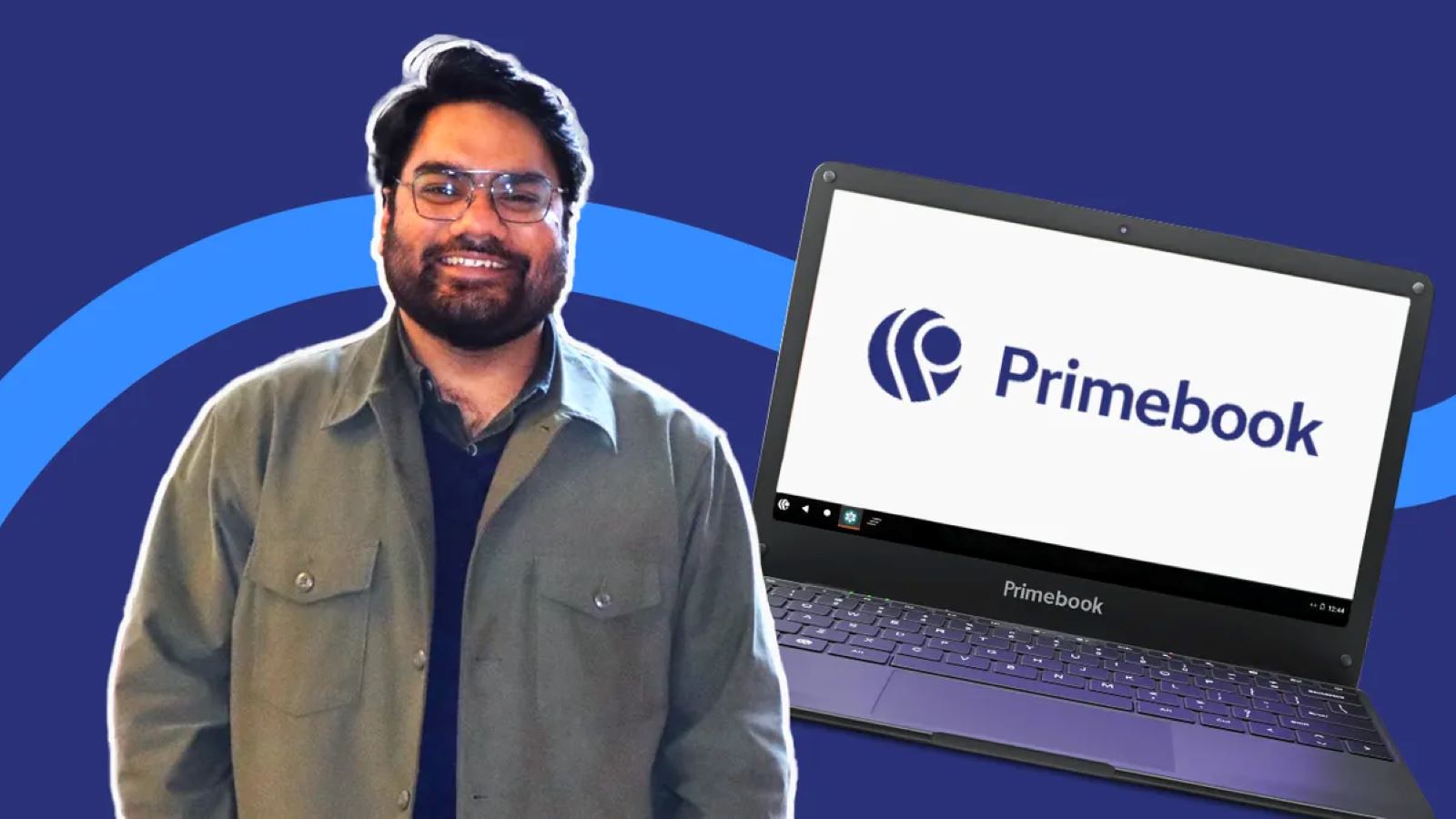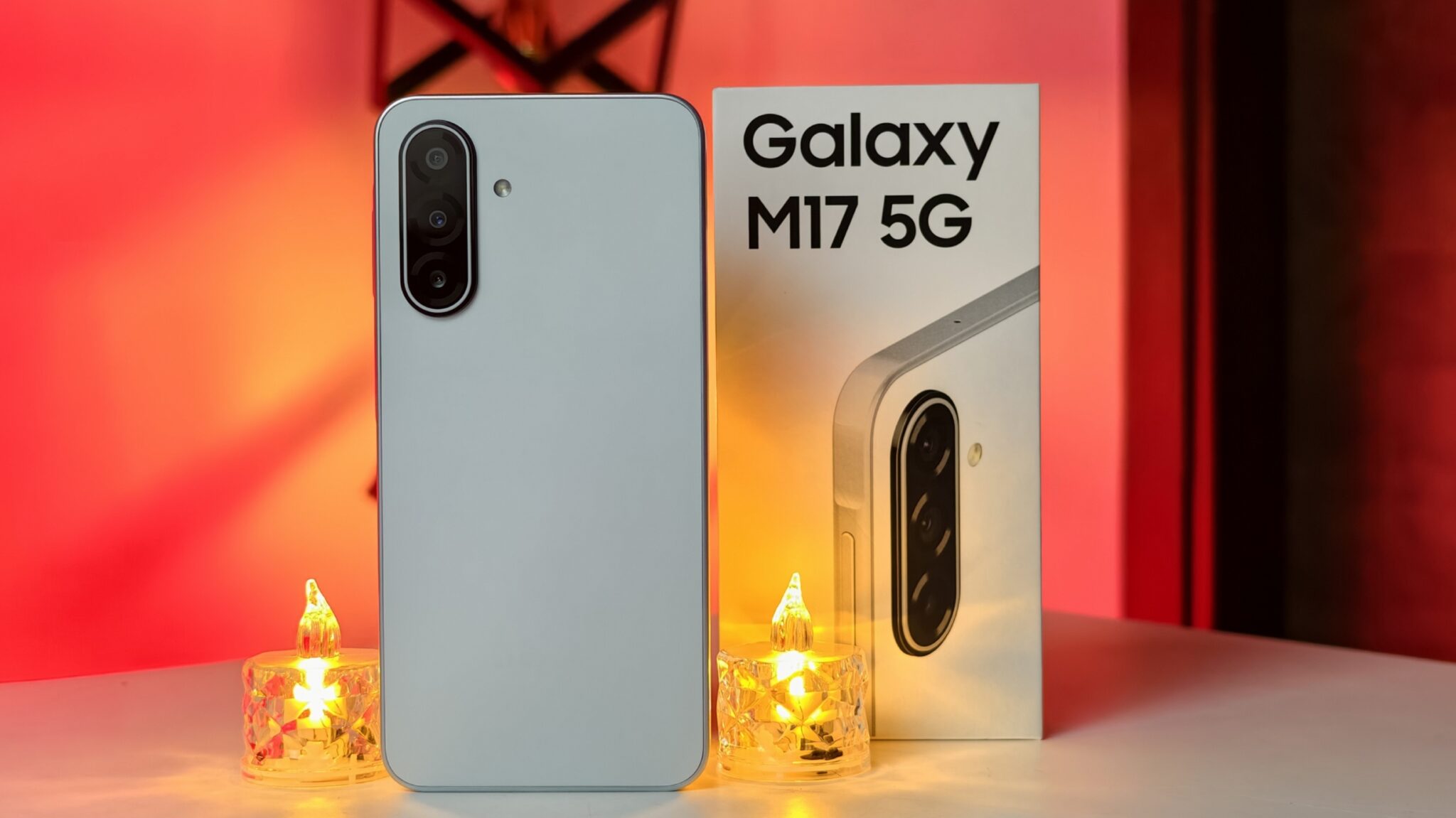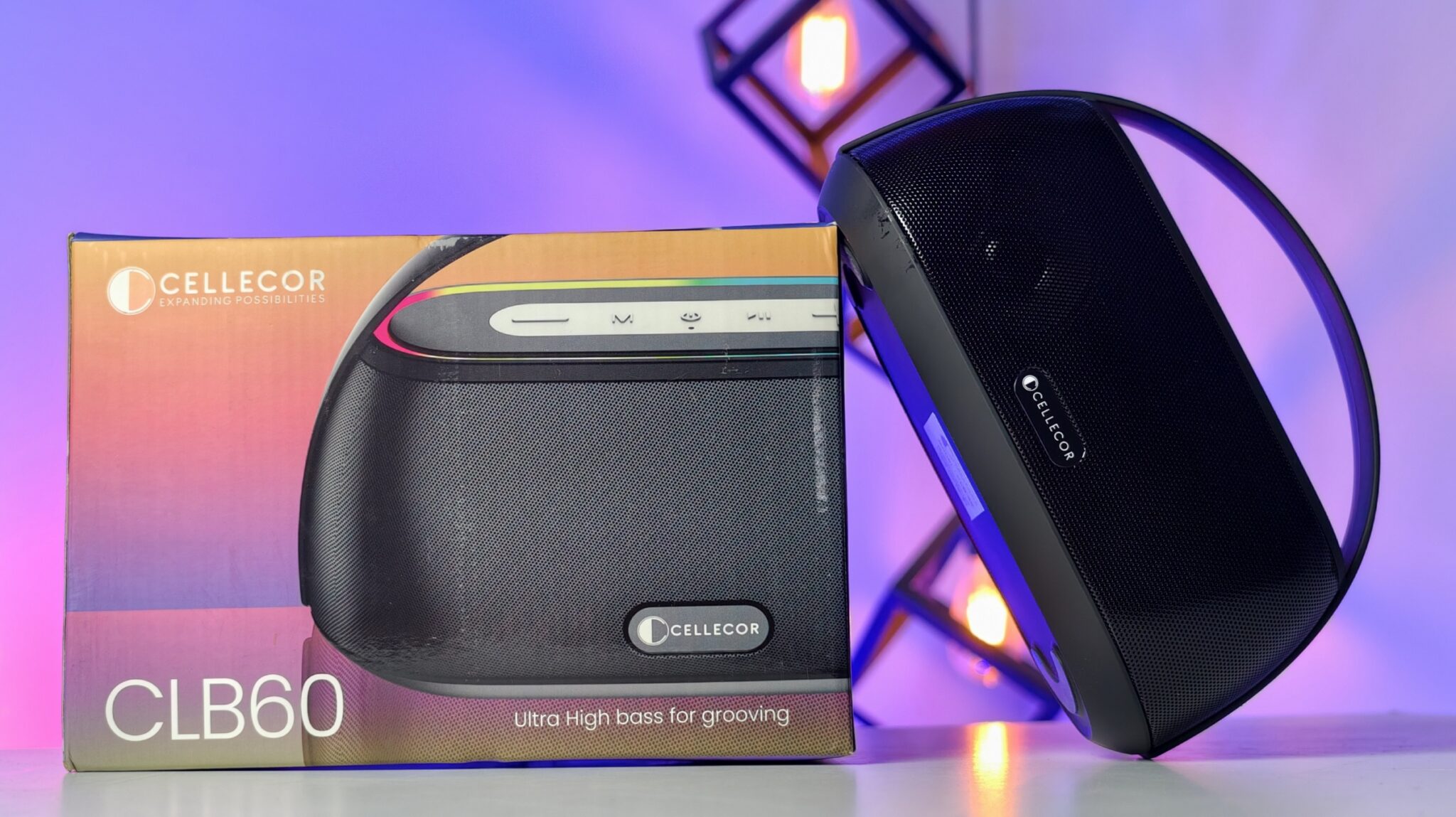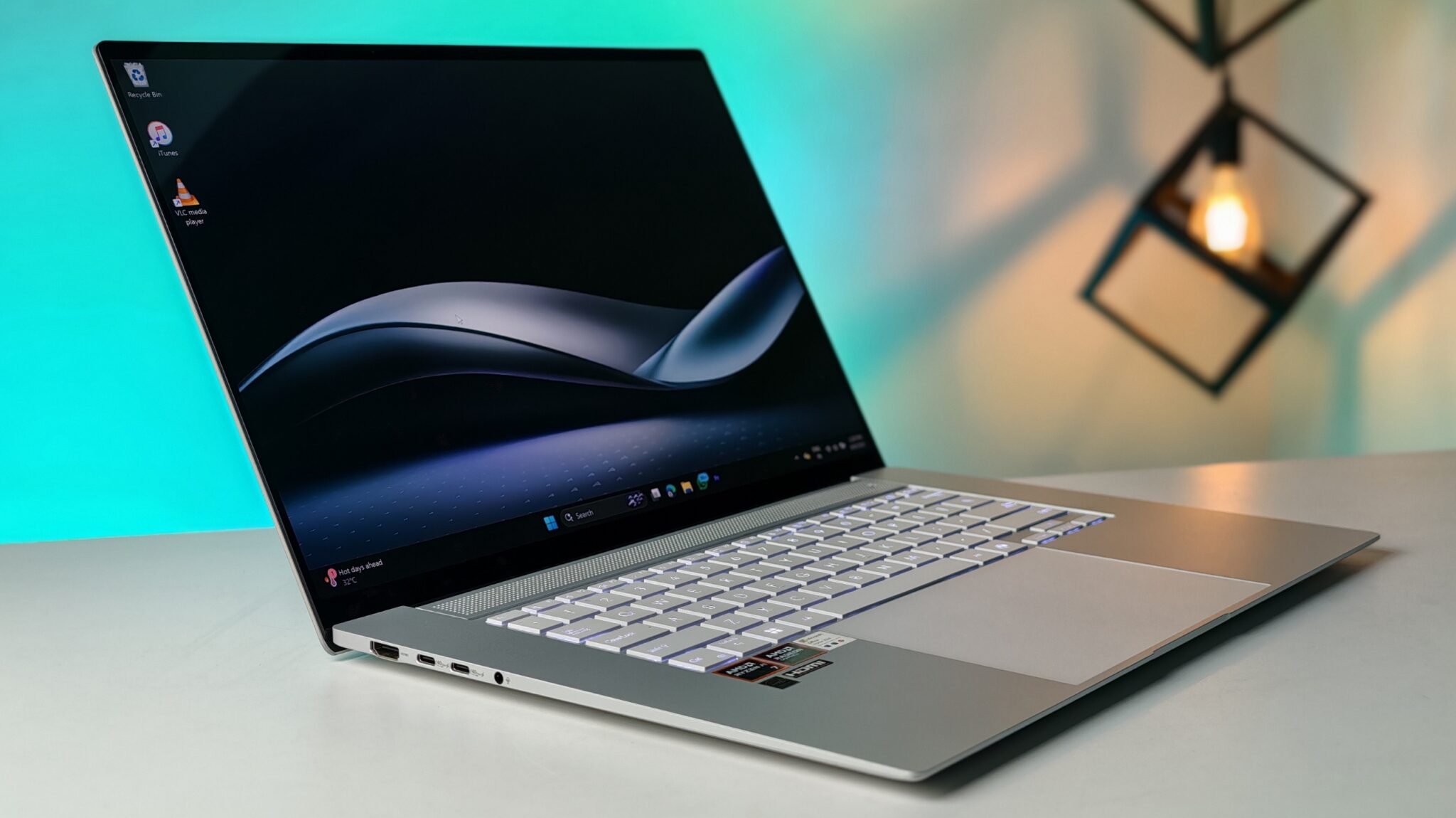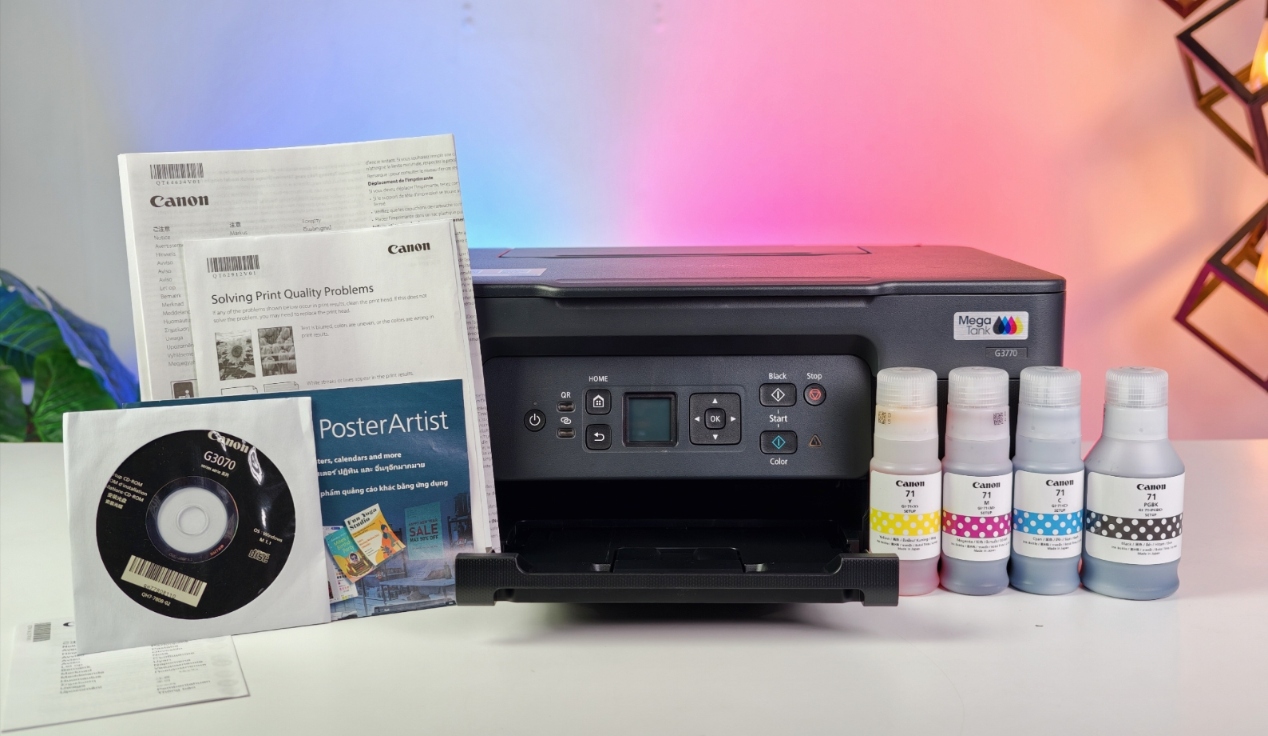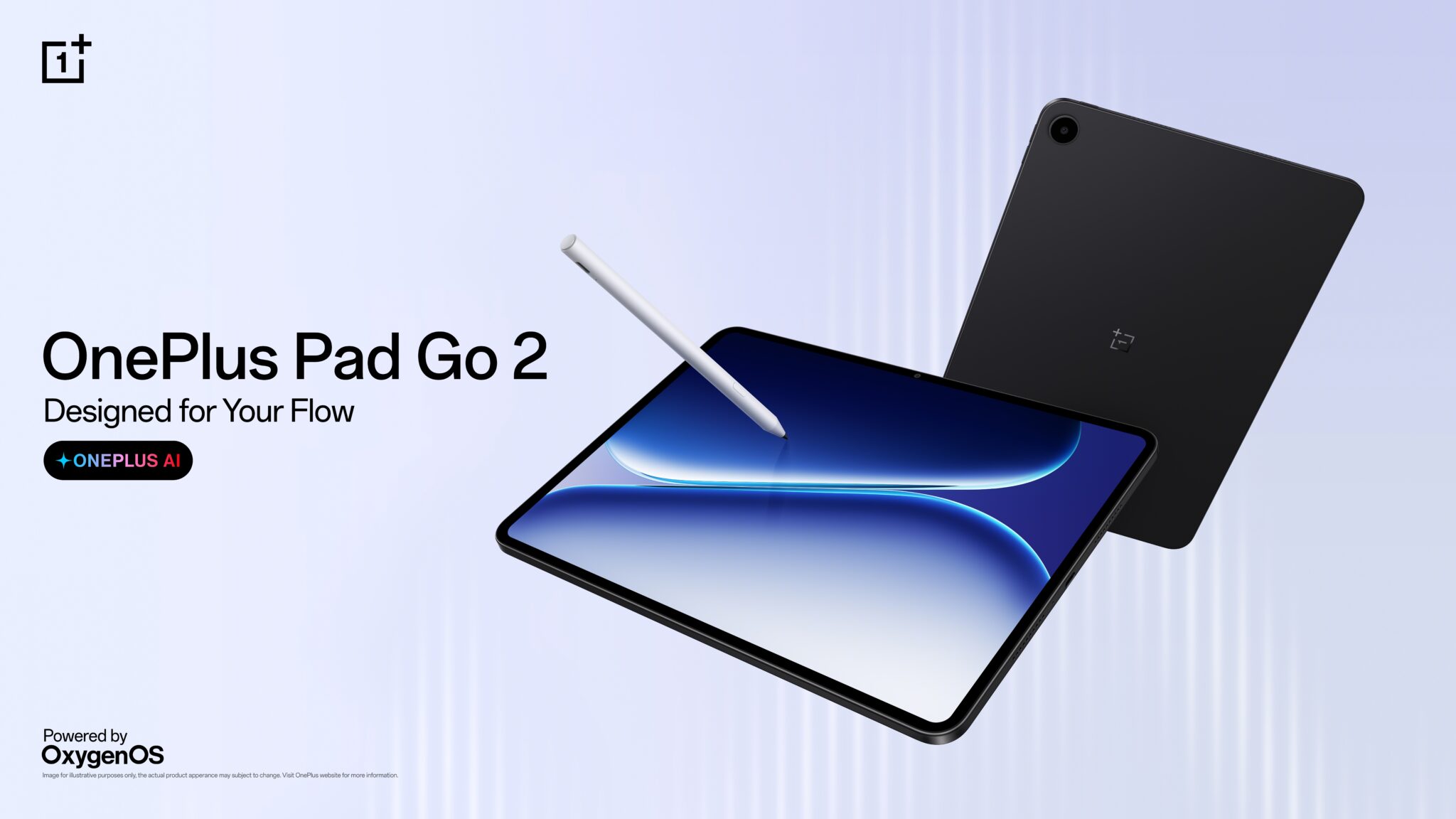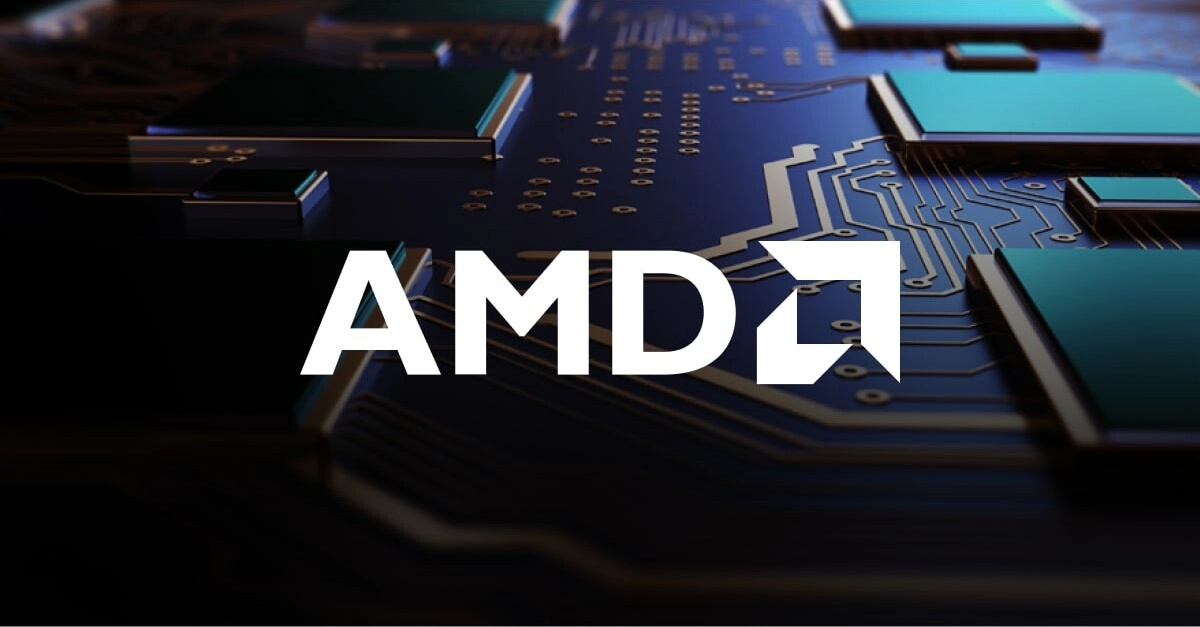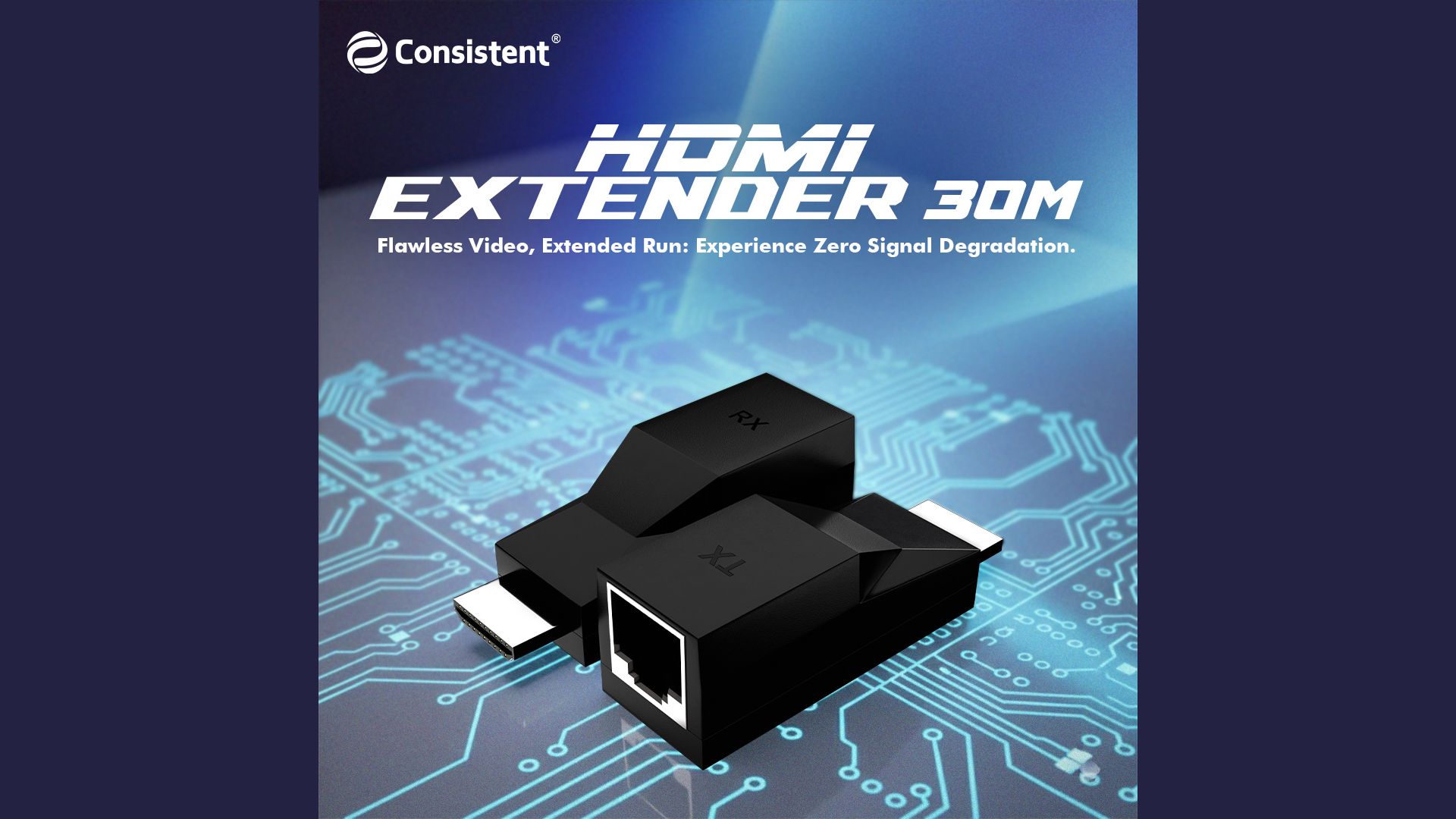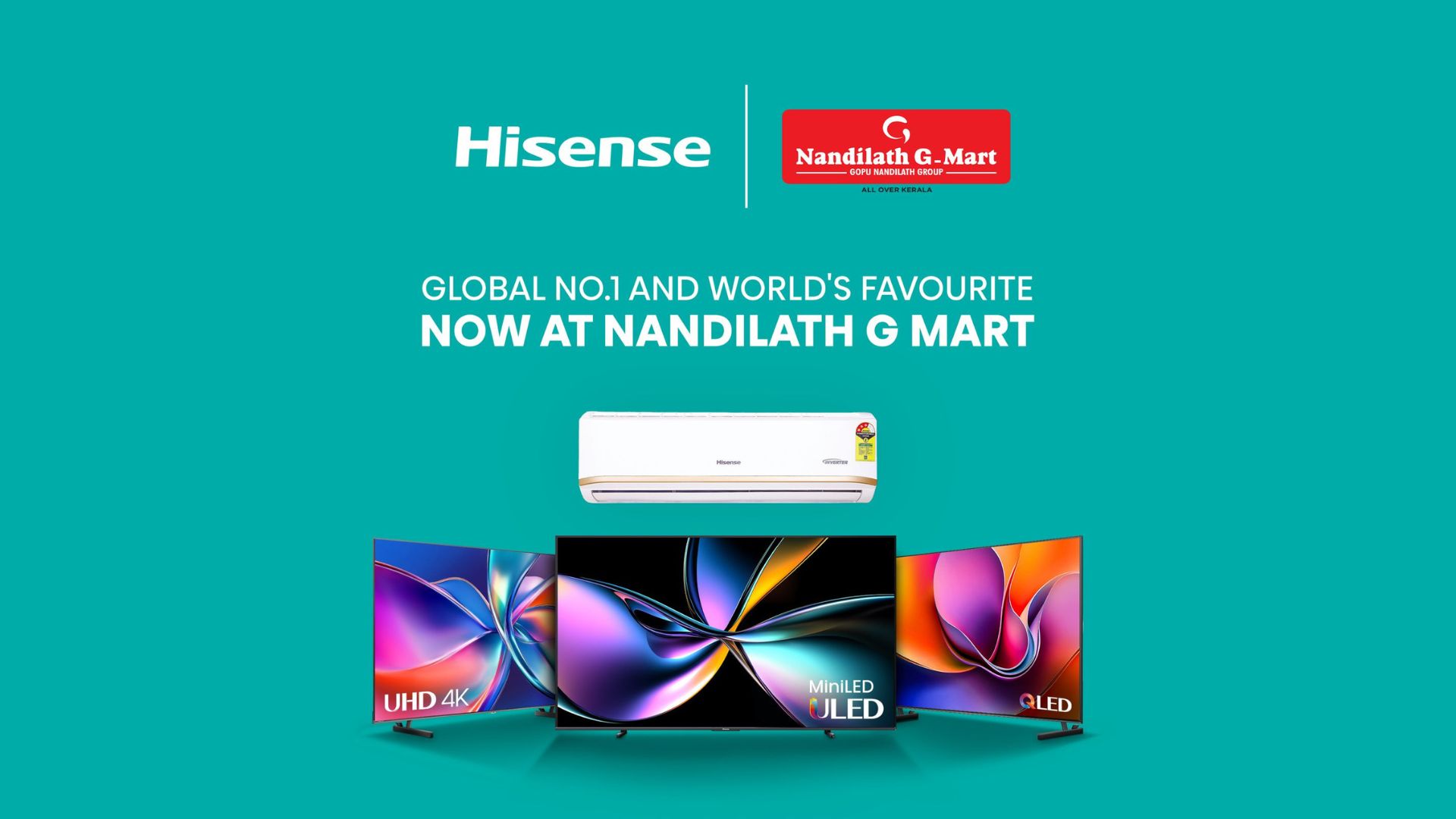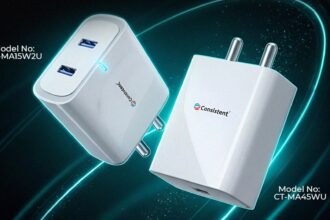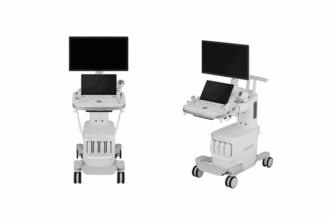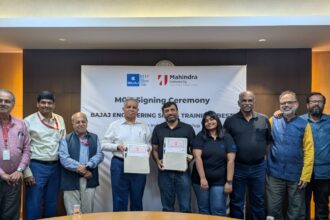Indian company Primebook says Google’s recent plan to officially bring the Android operating system to personal computers validates the direction it took seven years ago. During the Qualcomm Snapdragon Summit, Google announced it will merge ChromeOS with Android to create a desktop-ready experience by 2026. The move is expected to push Android laptops, a category that Indian brand Primebook has been focused on since 2018, into the global mainstream.
Key Information
- Google plans to create a desktop version of Android by merging it with ChromeOS, with a target release in 2026.
- New Delhi-based Primebook, which has been developing Android laptops since 2018, views this as confirmation of its business strategy.
- Primebook’s CEO expects the move to expand the market and attract more local Indian manufacturers to the category within two to three years.
- The company has already sold over 100,000 of its Android-based laptops to students and professionals in Asia and Africa.
For years, the idea of using Android, a mobile-first operating system, on a laptop felt somewhat experimental. Primebook, a New Delhi-based deep-tech startup, has been quietly working on this concept since its inception in 2018. The company first created PrimeOS, its own operating system based on Android, and then built affordable laptops around it. These devices were specifically designed for markets such as India, Asia, and Africa, where affordability and accessibility are key for users looking to enter the digital ecosystem. So far, more than 100,000 Primebook laptops are being used by students, freelancers, and professionals across these regions.
Google’s upcoming shift is poised to transform this once-niche segment into a serious global product category. By blending the simplicity of ChromeOS with Android’s massive app ecosystem, Google could bring forward a powerful alternative to traditional operating systems, especially in the budget and education-focused laptop market.
Chitranshu Mahant, Co-Founder and CEO of Primebook, sees this as a major validation of the company’s early bet. “At Primebook, we have been working on Android-based laptops for years and are currently the only brand that has built this category from the ground up,” he said. Mahant believes that once Google rolls out its unified system, more Indian manufacturers will enter the Android PC space. “This is not only going to expand the market size but also fully establish Android laptops as a mainstream category,” he added. Primebook, he noted, plans to keep its lead through innovation, technology partnerships, and a focus on brand trust.
At the heart of Primebook’s ecosystem is PrimeOS, which the company developed entirely in-house and based on Android 15. The system delivers a desktop-style interface with multi-window multitasking, allowing users to run multiple apps side by side. It also includes a key mapping tool that lets users operate touch-based apps with a keyboard, a Cloud PC option, and an integrated AI Assistant.
With Google now formally entering the Android PC arena, Primebook sees a broader opportunity ahead. The company believes this could help accelerate its long-term vision of making laptops that are both cost-effective and capable, serving students and professionals alike in emerging markets. Perhaps for Primebook, it’s less about validation now and more about being ready for the next big wave that it saw coming years before everyone else.
Frequently Asked Questions (FAQs)
Q. What is PrimeOS?
A. PrimeOS is an operating system developed by Primebook that is based on Android. It is designed specifically for laptops and provides a desktop-like experience with features such as multi-window support and keyboard mapping for touch-based applications.
Q. Can I run my existing Android apps on a Primebook laptop?
A. Yes, PrimeOS offers native support for Android apps, which can be downloaded from its curated app store.
Q. What is the main difference between a Primebook and a Chromebook?
A. The main difference is the underlying operating system. Primebooks run on PrimeOS, which is a desktop-oriented version of Android. Chromebooks run on ChromeOS, which is a browser-centric operating system developed by Google. With Google’s new plan, the features of these two systems are expected to merge in the future.
Q. When will Google’s official Android for PCs be available?
A. According to the announcement at the Qualcomm Snapdragon Summit, Google plans to bring the unified Android and ChromeOS experience to PCs by 2026.


